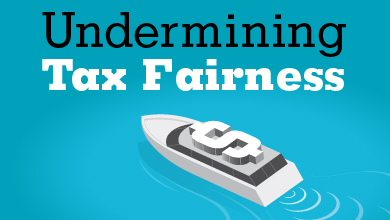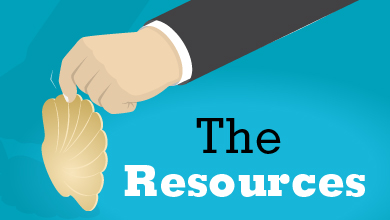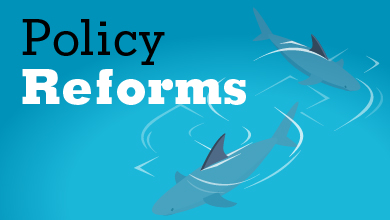Wealthy corporations and the ultra-rich don’t pay their fair share.
Canadians have had enough of the tax-cheats gaming the system to protect their pocketbooks at the expense of everyone else.
Gaming the system is easy if you have enough money. Let’s change the game. It’s time the wealthiest pay their fair share.
Let’s change the game
PIPSC represents approximately 12,000 tax professionals at the Canada Revenue Agency (CRA).
Our members have been flagging concerns about wealthy corporations avoiding paying their taxes. Tax-cheats are using aggressive transfer pricing or profit shifting strategies. High-profile investigations like the Panama, Paradise and Pandora Papers further expose the global tax avoidance crisis.
To deliver essential services to Canadians, the government must protect its revenue sources. During the pandemic, income support programs got Canadians through tough times. Meanwhile, wealthy corporations still profited with record profits and soaring stock prices.
Enough is enough.
In a 2021 poll, over 70% of respondents agreed that large corporations and wealthy Canadians do not pay their fair share in taxes. 92% of respondents supported changes to the tax system to make it harder for corporations to game the system and avoid paying their fair share.
The time to act is now.
We are calling on the federal government to change the game by:
- Closing tax loopholes and cracking down on tax avoidance
- Ensuring the CRA has the tools they need to do their job
Tax professionals have been calling for change for years. Investing in the CRA to investigate and enforce tax law will more than pay for itself in increased public revenue.
Lack of support for the CRA has prevented dedicated professionals from carrying out their work to the best of their ability. We need to give the CRA the required tools to increase public revenues.
Key Facts
- The Parliamentary Budget Officer estimates as much as $25 billion/year in lost revenue due to profit-shifting strategies.[1]
- The Department of Finance estimates that every $1 invested in combating international tax evasion and aggressive tax avoidance would yield $5.75 in tax revenue.[2]
- A more robust digital services tax, as promised in the fall 2020 federal economic update, is essential to holding tech companies accountable.
- Large corporations move money around to reduce their tax burden. When corporations shift their profits to subsidiaries, the government must treat each different company as one entity at tax time – not a complicated network of shell companies designed to game the system.
PIPSC is building a network of partner organizations to collaborate with on issues of tax fairness. If you are a stakeholder and would like to learn more about our campaign, contact us.
[1]Parliamentary Budget officer, June 20, 2019. https://www.pbo-dpb.gc.ca/web/default/files/Documents/Reports/2019/Preliminary-Findings-International-Taxation/Report%20final.pdf
[2] Directeur parlementaire du budget, 1 septembre 2021 : https://www.pbo-dpb.gc.ca/fr/epc-estimates--estimations-cpe?epc-cmp--eid=44&epc-cmp--cid=120
https://www.pbo-dpb.gc.ca/fr/epc-estimates--estimations-cpe?epc-cmp--eid=44&epc-cmp--cid=154





